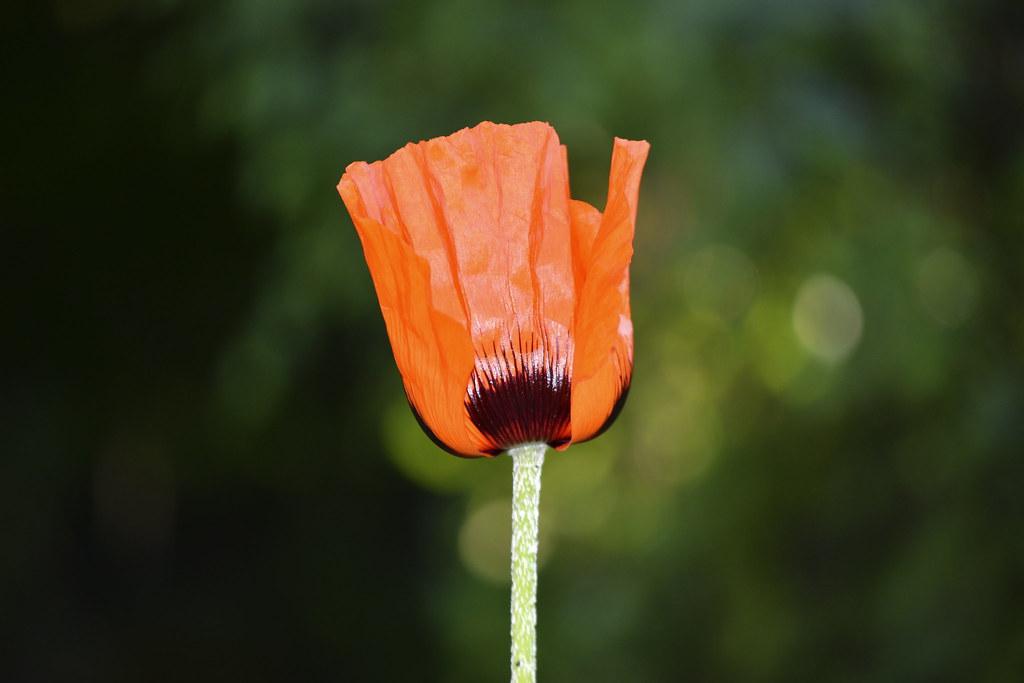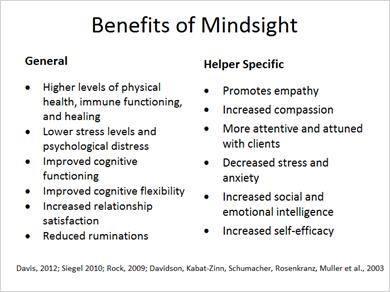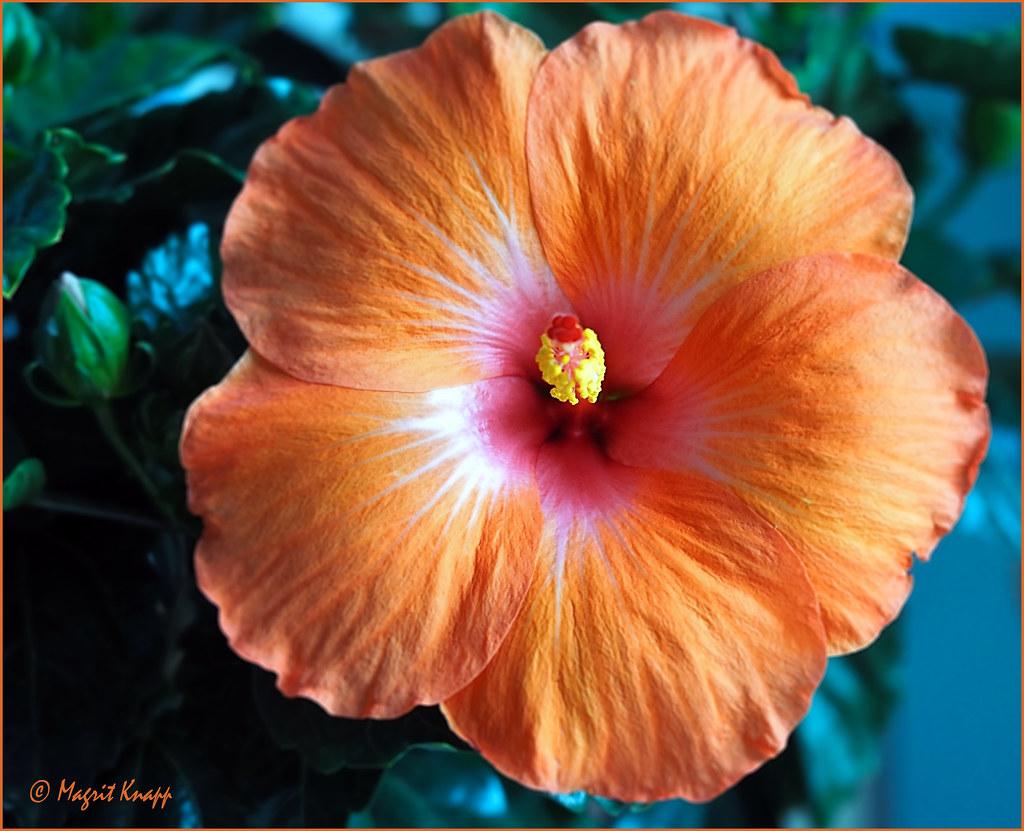In the bustling tapestry of modern life, where the clamor of daily routines often drowns out the whispers of our inner selves, the practices of meditation-for-life-balance/mindful-relief-meditation-for-chronic-pain/” title=”Mindful Relief: Meditation for Chronic Pain”>mindfulness and meditation have emerged as beacons of serenity. Though frequently intertwined and sometimes used interchangeably, these two disciplines offer distinct pathways to achieving a harmonious state of being. As more individuals embark on journeys of self-discovery and stress relief, understanding the subtle differences between mindfulness and meditation becomes essential. This exploration not only enriches our personal practice but also deepens our appreciation for the diverse techniques that nurture the mind and spirit. Join us as we unravel the threads of these ancient practices, illuminating their unique characteristics and the profound impact they can have on our lives.
Exploring the Essence of Mindfulness and Meditation
In the realm of inner peace and self-awareness, understanding the subtle nuances between mindfulness and meditation can illuminate one’s journey towards mental clarity. At its core, mindfulness is the practice of being present in the moment, acknowledging thoughts, emotions, and sensations without judgment. It’s about cultivating an acute awareness of the now, whether you’re savoring a meal or taking a stroll through a park. Mindfulness can be seamlessly integrated into daily life, encouraging a constant state of awareness and appreciation.
On the other hand, meditation often involves dedicated time set aside to focus and explore deeper states of consciousness. While it can include mindfulness as a component, meditation can also involve a variety of techniques such as:
- Concentration: Focusing on a single point, like the breath or a mantra.
- Loving-kindness: Cultivating an attitude of love and compassion towards oneself and others.
- Transcendental: Using specific sounds or mantras to settle the mind into a state of profound rest.
Both practices offer unique pathways to reduce stress and enhance overall well-being, allowing practitioners to choose the approach that best suits their personal growth and lifestyle.

Diving into Practices: How Mindfulness Differs from Meditation
At first glance, mindfulness and meditation may appear to be two sides of the same coin, yet they each have their own distinct flavors and applications. Mindfulness is the art of being fully present in the moment, embracing awareness without judgment. It is a practice that can be woven into the fabric of daily life, whether you’re sipping your morning coffee or navigating a bustling city street. The essence of mindfulness lies in its flexibility; it is about being conscious and attentive, fostering a deeper connection with your immediate surroundings and emotions.
On the other hand, meditation often involves setting aside dedicated time to delve inward, typically in a quiet space, with the aim of achieving a state of deep relaxation or heightened awareness. While meditation can indeed incorporate mindfulness, it frequently includes other elements such as focused breathing, visualization, or mantra repetition. Key differences can be summarized as follows:
- Mindfulness: Informal, integrated into daily activities, focuses on present awareness.
- Meditation: Formal, set aside time, often involves specific techniques or exercises.
By understanding these nuances, one can better appreciate how each practice serves unique purposes and offers distinct benefits.

Scientific Insights: The Psychological Benefits of Each Practice
The exploration of mindfulness and meditation unveils distinct psychological benefits, each offering a unique path toward mental well-being. Mindfulness practices center on fostering a non-judgmental awareness of the present moment, cultivating a space where individuals can observe their thoughts and emotions without attachment. This approach has been linked to several positive outcomes, including:
- Enhanced emotional regulation
- Reduced stress and anxiety levels
- Improved attention and concentration
On the other hand, meditation encompasses a broader range of techniques, often focusing on deep concentration or contemplation. It encourages the mind to achieve a state of calm and clarity, promoting a deeper sense of peace and introspection. The psychological advantages of meditation include:
- Increased self-awareness
- Enhanced emotional resilience
- Greater capacity for compassion and empathy

Tailored Approaches: Choosing the Right Practice for Your Lifestyle
When it comes to integrating mindfulness and meditation into your lifestyle, it’s essential to recognize their unique characteristics and benefits. While both practices aim to cultivate a sense of calm and presence, they do so through different approaches. Mindfulness is about being fully present in the moment, observing thoughts and feelings without judgment. It’s often woven into daily activities, making it adaptable for those with busy schedules. You can practice mindfulness while eating, walking, or even during routine tasks. On the other hand, meditation usually involves setting aside dedicated time to focus inward, often through structured techniques like breathing exercises or guided visualizations. This practice can be more suitable for individuals who can carve out specific times in their day for solitude and introspection.
Consider your lifestyle when choosing between these practices. Some people may find that a blend of both suits them best. Here are a few points to help you decide:
- Time Availability: If your schedule is tight, mindfulness can be seamlessly integrated into your daily routine.
- Desired Outcomes: Meditation might be more beneficial if you’re seeking deeper relaxation and stress relief.
- Personal Preference: Reflect on whether you prefer structured sessions or spontaneous moments of awareness.
Wrapping Up
As we draw the curtain on our exploration of mindfulness and meditation, we find ourselves standing at the crossroads of ancient wisdom and modern understanding. These two practices, while intertwined, offer distinct pathways to inner peace and self-awareness. Mindfulness invites us to savor the present moment, turning the mundane into the extraordinary with every breath and heartbeat. Meditation, on the other hand, beckons us to delve deeper, to transcend the surface and uncover the profound stillness within. Together, they form a harmonious duet, each complementing the other, yet singing their own unique melody. Whether you choose to walk the path of mindfulness, immerse yourself in meditation, or embrace both, remember that the journey is yours to navigate. With curiosity as your compass and openness as your guide, may you discover the tranquility and clarity that these practices promise. As we part ways, let this be a gentle reminder that the true essence of mindfulness and meditation lies not in understanding them, but in experiencing them.
